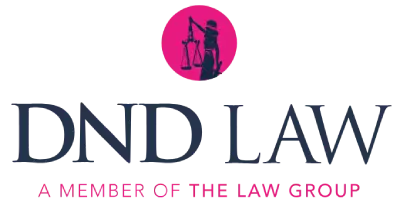Can Machines Really Replace Human Lawyers In The Future?
Machines will increasingly take over — except where experts do tasks that cannot or should not be replaced by computers
Legal practitioners, of course, are not alone in being challenged by technology. As we report in our new book, The Future of the Professions, some revenue authorities are interrogating accounting systems directly and bypassing tax professionals; online communities instead of traditional architects and engineers are designing and even “printing” houses; and algorithms rather than financial journalists are producing earnings reports. At the online Khan Academy, 5,500 educational lectures have been watched 450 million times. By 2018, 1.5 billion people will have medical apps on their smartphones.
In law, artificial intelligence (AI) work began earnest in the early 1980s. The knowledge and reasoning processes of human experts were codified in complex decision trees, around which non-expert users could navigate. We called them rule-based expert systems. They put questions to users and were able to provide legal answers and draft legal documents, often at a higher standard than human experts. In 1988, we developed a system that advised on a corner of the law of limitation and the subject matter expert (Phillip Capper) happily admitted that it outperformed him.
But these systems were costly to build and maintain. And they held little attraction for law firms because they reduced the time taken to do legal work. This was not appealing in an era dominated by lavish hourly billing.
Although skeptics say this first wave of AI had little impact, its underlying techniques are still used today — for example, in document automation systems (note Thomson Reuters’ recent acquisition of the market leading software, ContractExpress) and in online legal services offered by law firms (such as Allen & Overy, which yield an annual income of £10 million from 10,000 users). More, the multibillion-dollar tax compliance industry (personal and corporate tax) is built on first-wave AI.
Solicitors Newry, Personal Injury Solicitors Newry – Expert Legal Advice & Claims Assistance. Click Here to Learn More!
There is now a second wave of AI and their developers reject the early idea that the way to get machines to solve legal problems is for them to copy the best human experts. Three types of system are crucial. First are those that can analyse huge bodies of legal materials. This is the world of “big data”. Some systems can already make better predictions than expert lawyers. Drawing on data from more than 100,000 past cases, Lex Machina, for instance, can predict the probability of success in US patent litigation more accurately than litigators. A related family of systems can search through massive litigation bundles and identify relevant documents more precisely than junior lawyers and paralegals

